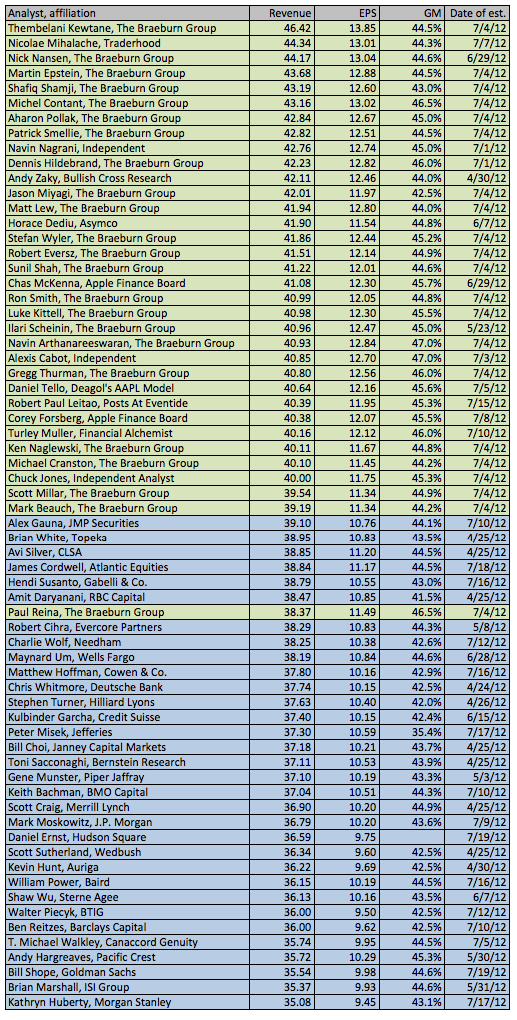Here’s Mark Zuckerberg discussing how complex Facebook’s internal systems are to track user behavior and the effectiveness of various ad campaigns:
at any given point, we have a lot of different tests, different algorithms running, and we measure engagement of everything downstream from News Feed and the whole system, right? So obviously, clicks and engagement and feedback in News Feed, how many people want to share, but also how many page views and how much time people spend on Facebook overall, ad performance, everything, down to all of the different tweaks that we do in News Feed, and user sentiment as well. So I think we have pretty robust systems that are built out around this. And one of the things that I think is pretty interesting is what we’ve seen is that we can put in good sponsored content and have it not degrade those metrics. So that’s really what we’re trying to do, is we’re rolling some of these Sponsored Stories out more conservatively because we want to make sure that the quality is very high. And we’re basically continuing to run those tests to make sure that we are producing the best product that we can.
And here is a quote from Sheryl Sandberg on how Facebook is working to give its smaller advertisers the tools to be successful with their Facebook ads:
our third area of progress has been to make it easier for small- and medium-sized businesses to advertise on Facebook. Local business advertising is considered by many to be the Holy Grail of Internet advertising since the market opportunity is so great. This is proving difficult, however, because small business owners often lack the time or ability to adopt new technology. Facebook is uniquely accessible to them. As they typically learn to use Facebook by setting up personal profiles or Timelines, they then discover the value our service can provide them as business owners. Many of the world’s approximately 60 million business owners are already Facebook users. Over 11 million businesses already have pages on Facebook. Over 7 million of these pages are actively used each and every month. In addition, hundreds of thousands of small businesses advertise with us. By making it easier to create a business page and run ads, we believe we can increase the number of small and local businesses who use our tools.
Yet, there are two stories out this morning about small businesses who are frustrated with their Facebook ad experience.
The first was reported in Benzinga (via CNET). In it, the owner complains that Facebook has tried to charge them $2,000 to change its name on its own Facebook page. The analytics are poor and they estimate that 80% of the clicks they get on their Facebook page and Facebook ads are from bots:
“They’re scumbags and we just don’t have the patience for scumbags,” said musician and label-based company Limited Run when discussing its decaying relationship with Facebook (NASDAQ: FB)…. While testing Facebook’s advertising system, Limited Run noticed it could only verify about 20 percent of the clicks that were supposedly being converted to users showing up on its Web site. After trying a few analytics services to figure out the remaining traffic, the company built its own software out of exasperation,” CNET reported, stating that bots were to blame for loading pages and driving up costs.

